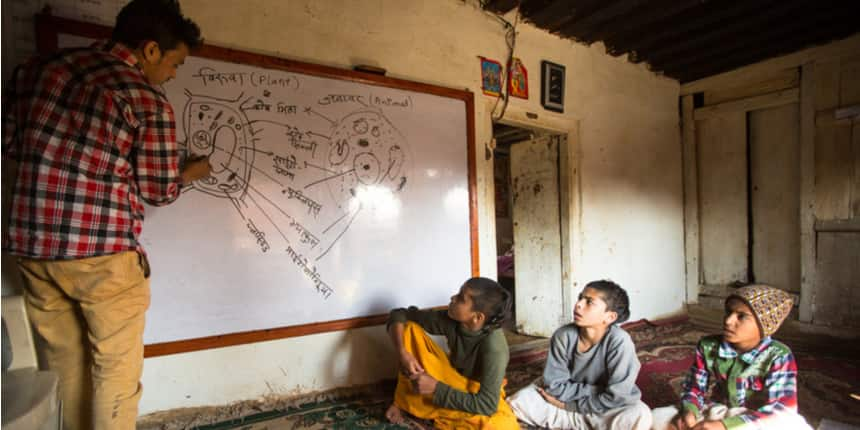COVID-19: College students who tutor left with empty wallets, no food
R. Radhika | April 4, 2020 | 11:10 AM IST | 2 mins read

NEW DELHI: Ajit Kumar, a first-year student of Deshbandhu College, University of Delhi, lost his source of income when the prime minister, Narendra Modi, announced a country-wide lockdown from March 24.
Kumar used to privately tutor children of at home to fund his college education. Restrictions on movement meant he could no longer go to their homes to teach. By the end of March, all his resources were exhausted.
The lockdown imposed to control the spread of coronavirus has massively affected students whose classes have been suspended, exams postponed and academic plans thrown into chaos. But the lockdown and social distancing have been especially hard on students from disadvantaged backgrounds who pay for their college education from part-time jobs.
‘Utilising knowledge’
Originally from Jharkhand, Kumar came to Delhi a year and a half ago with very little beyond a solid grasp of the middle school curriculum.
With no alternate source of income, Kumar decided to “utilise [his] knowledge”. “I have been teaching children to sustain in this city,” said Kumar. His students are mostly children from disadvantaged homes themselves, from families that drive or clean for a living.
Even though he taught for almost all of March, he could not ask for the due fee.
“I teach children of poor people and even they have lost their jobs. When I asked about the fee, they assured me that they will pay once they get their jobs back,” added Kumar.
Teaching online
Like Kumar, Rishab Shah has funded his entire higher education by offering tuitions. Currently, he is pursuing a Masters in Sanskrit in DU.
With an undergraduate degree in commerce, Shah taught first-year students of commerce and paid his bills from that income until the lockdown.
To continue the classes, Shah attempted to shift to video calls on alternate days but that has not worked out well for him.
“I did not want my students to suffer so I decided to continue the classes through video calls. The students are not enthusiastic about it and their parents do not take it seriously either. They think it is not ‘real studies’, Shah said with disappointment. “I am afraid, they will not pay the fee.”
Dealing with the crisis
Without basic supplies and unable to travel back to his hometown, Kumar asked for help on social media. Within two days, the teachers in DU and the local member of the legislative assembly, Amanathulla Khan stepped forward to help Kumar.
He received Rs 5,000 and a month’s ration.
Meanwhile, Shah is still struggling to make ends meet during the financial crisis he is suffering.
“I live alone in a rented flat,” explained Shah. “I do not have any other option but to look for other online jobs. I will try my luck in content writing.”
Also read:
- Survey Report: 80 percent students worry about the cost of education
- How government school teachers are helping Delhi fight the coronavirus
If you want to share your experience at work, write to us at theworkplace@careers360.com. To know more about The Workplace itself, here's a handy note: Let’s talk work…
If you want to share your experience at work, talk about hiring trends or discuss internships, write to us at theworkplace@careers360.com. To know more about The Workplace itself, here's a handy note: Let’s talk work…
Follow us for the latest education news on colleges and universities, admission, courses, exams, research, education policies, study abroad and more..
To get in touch, write to us at news@careers360.com.